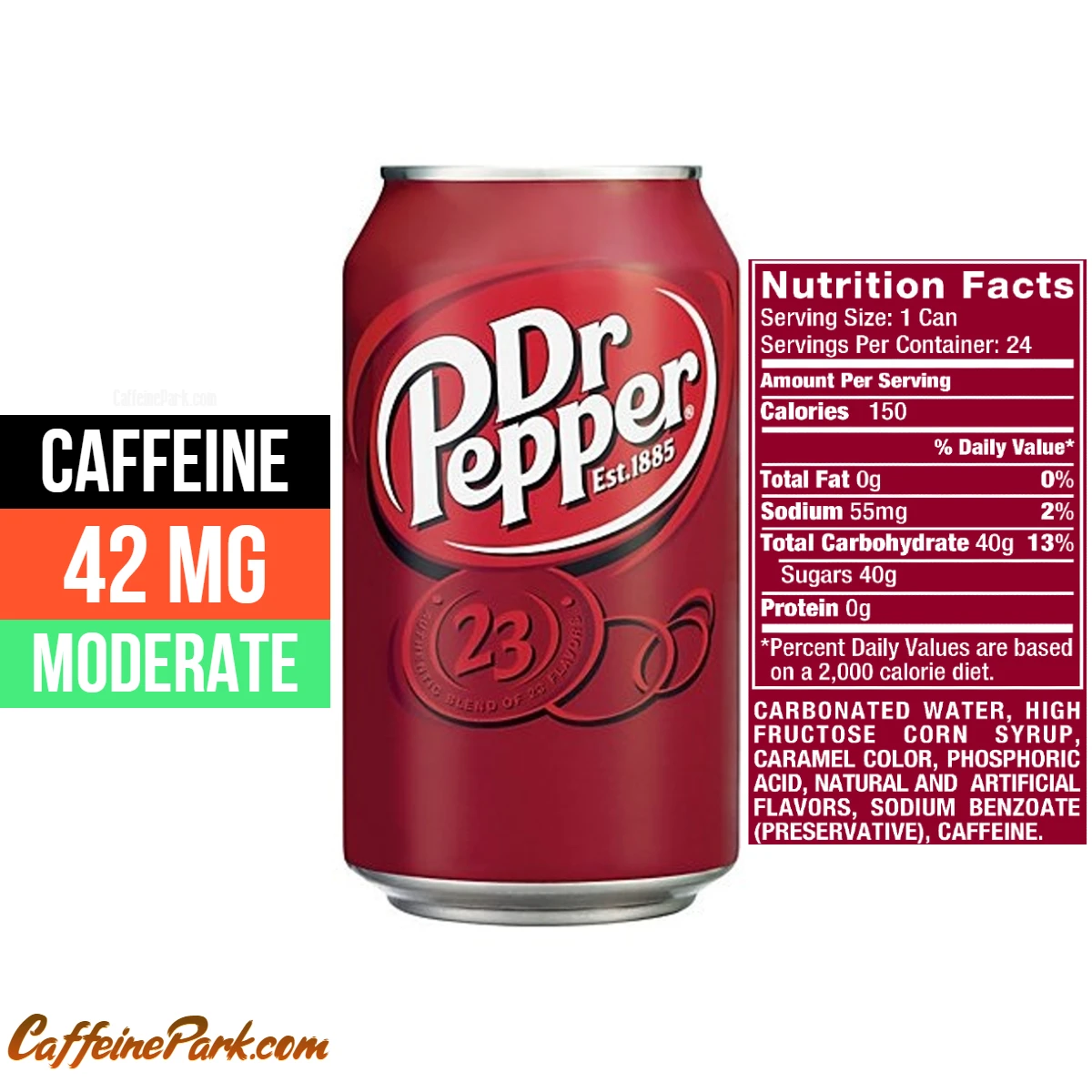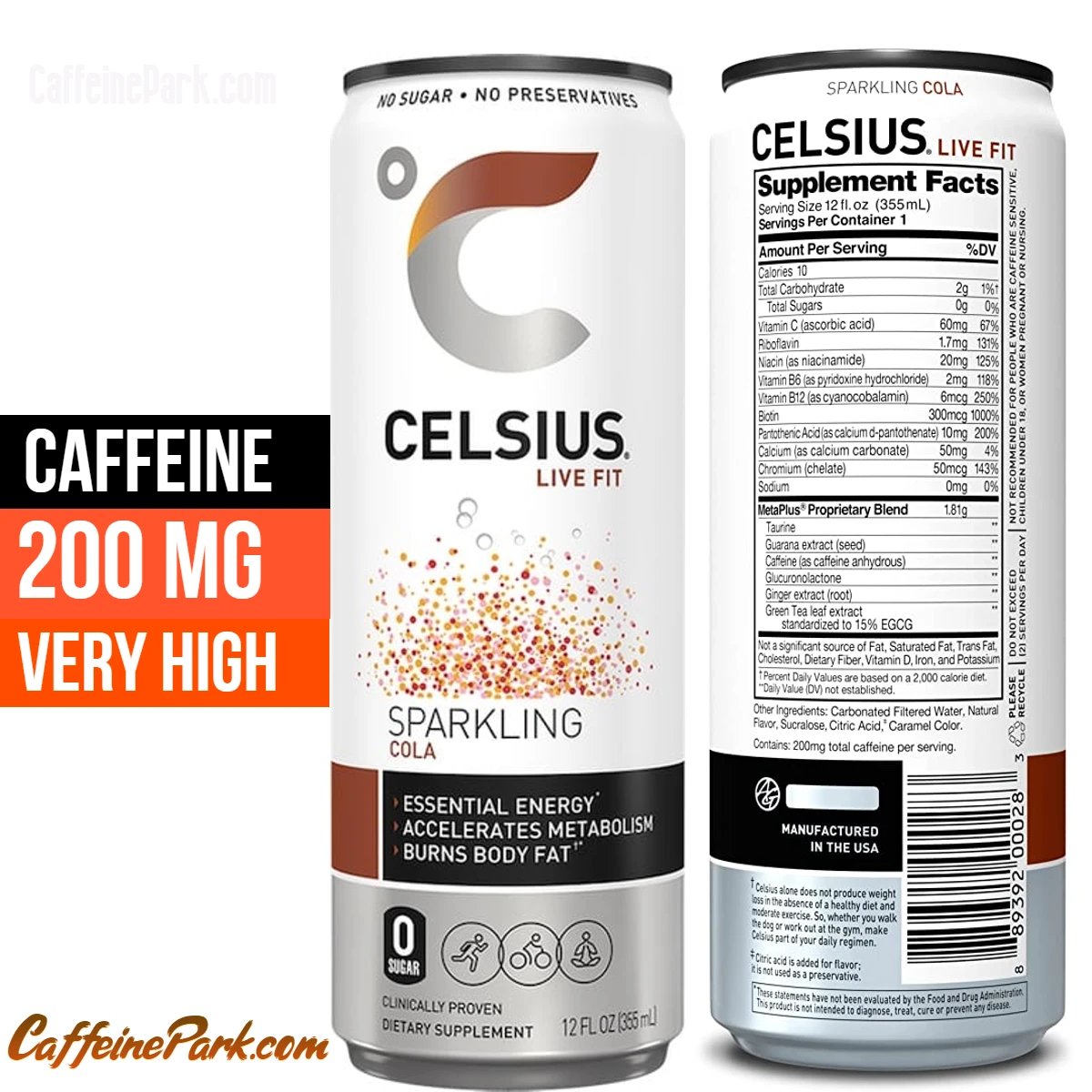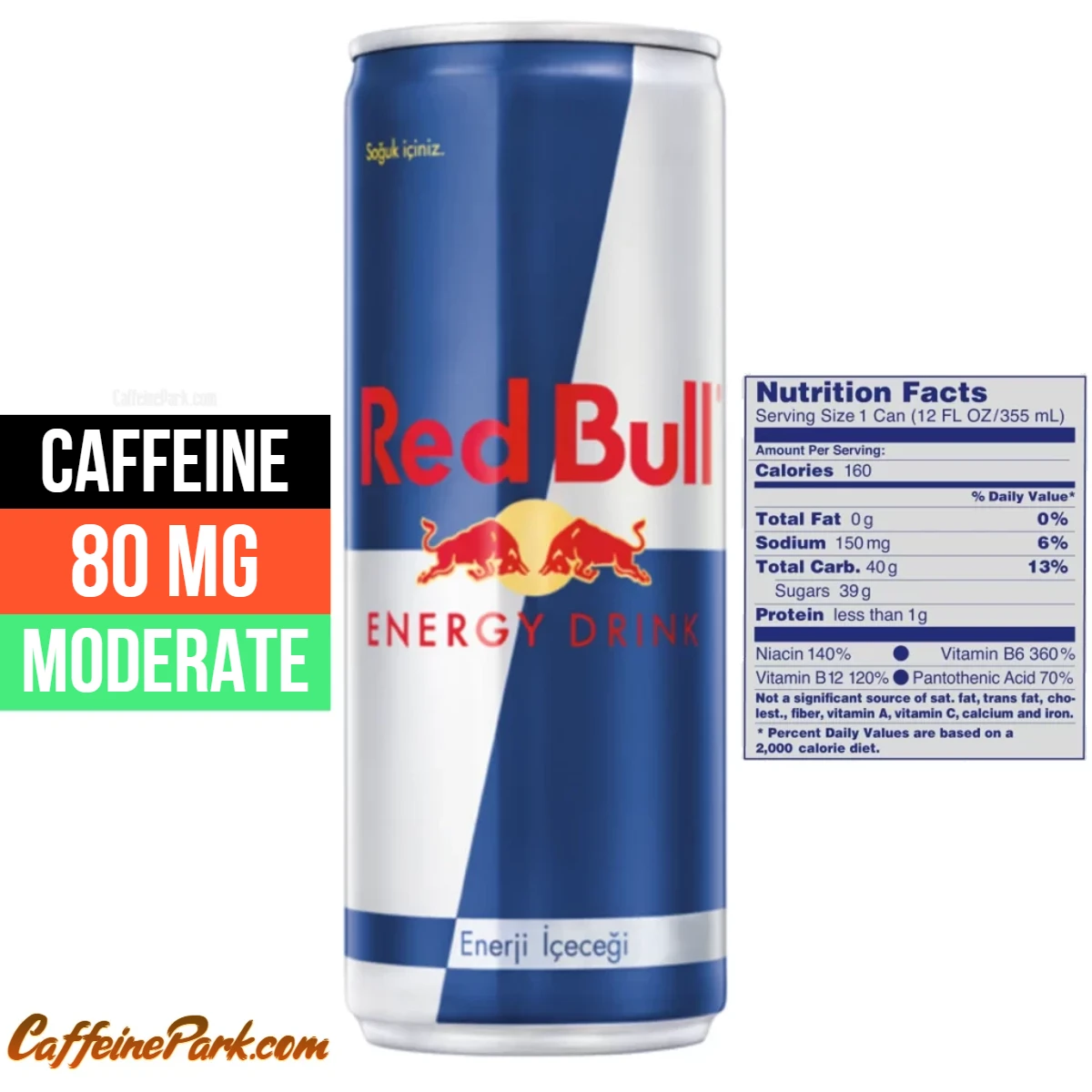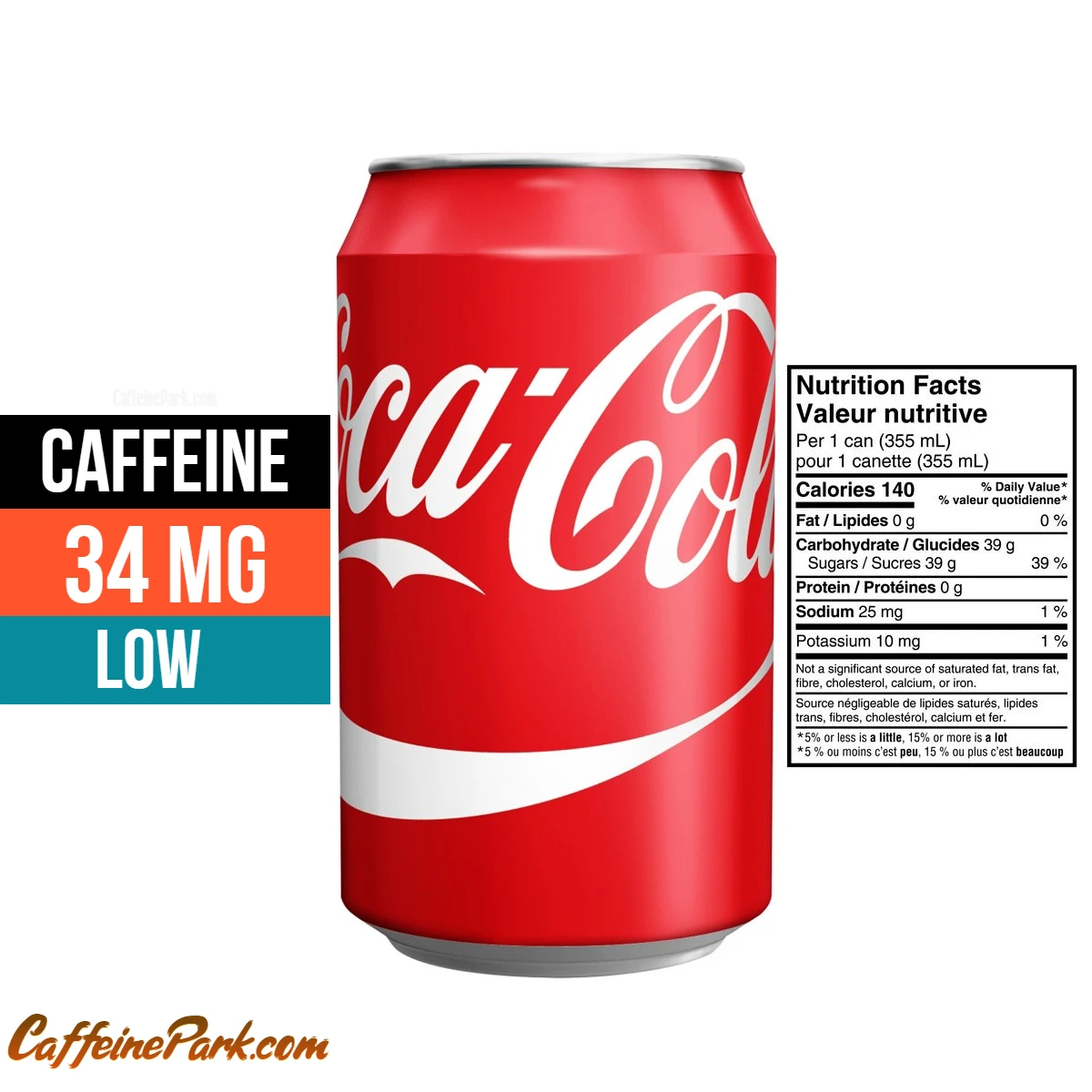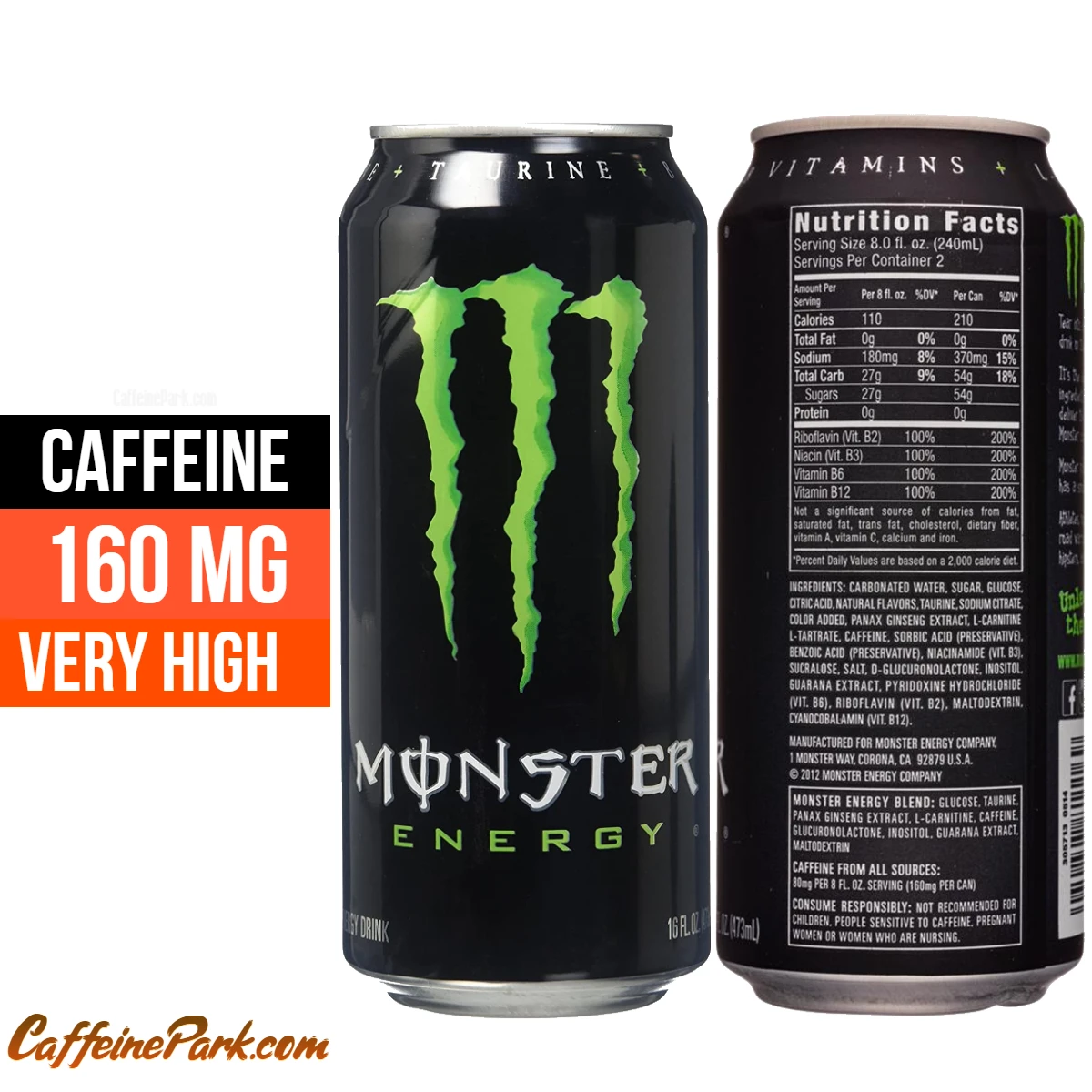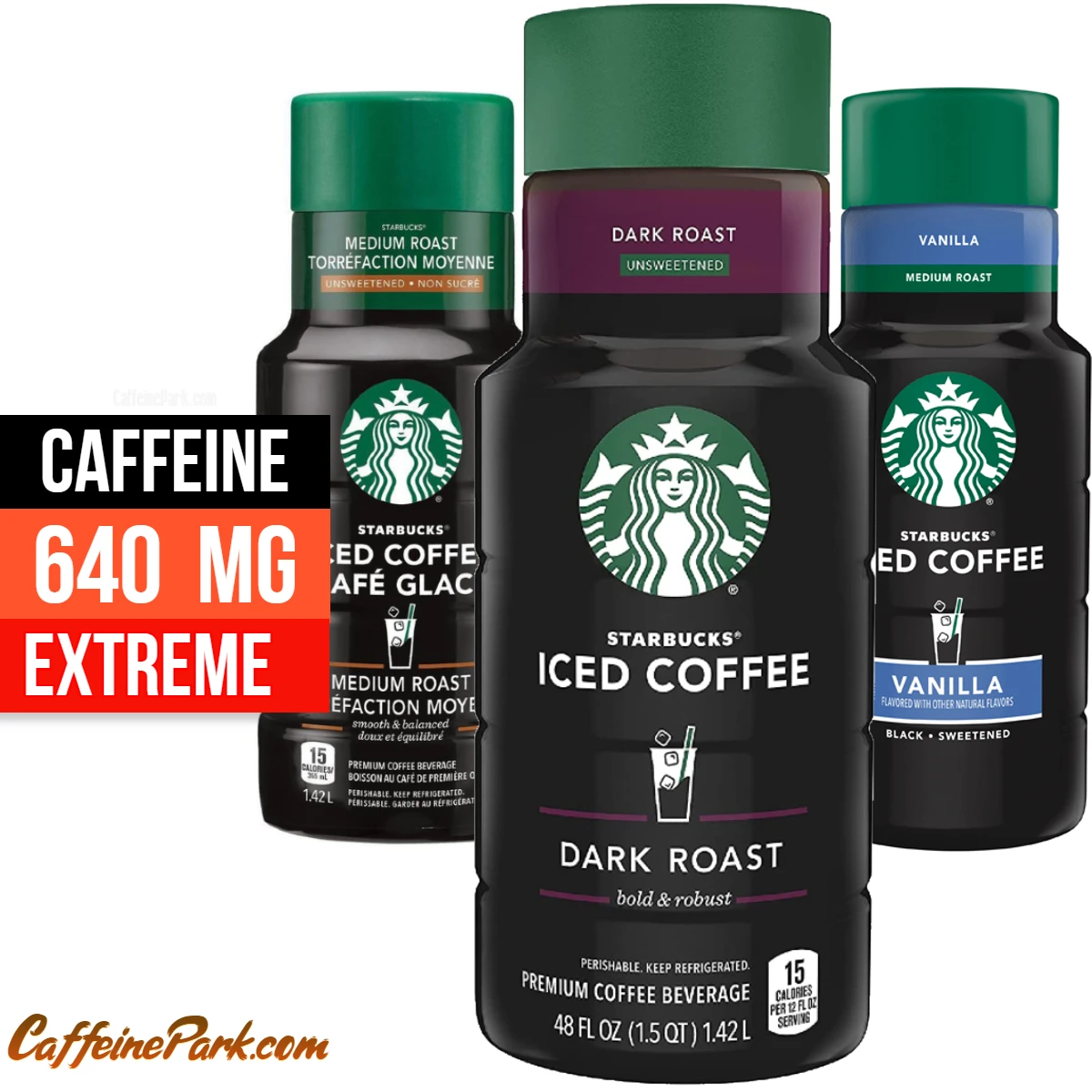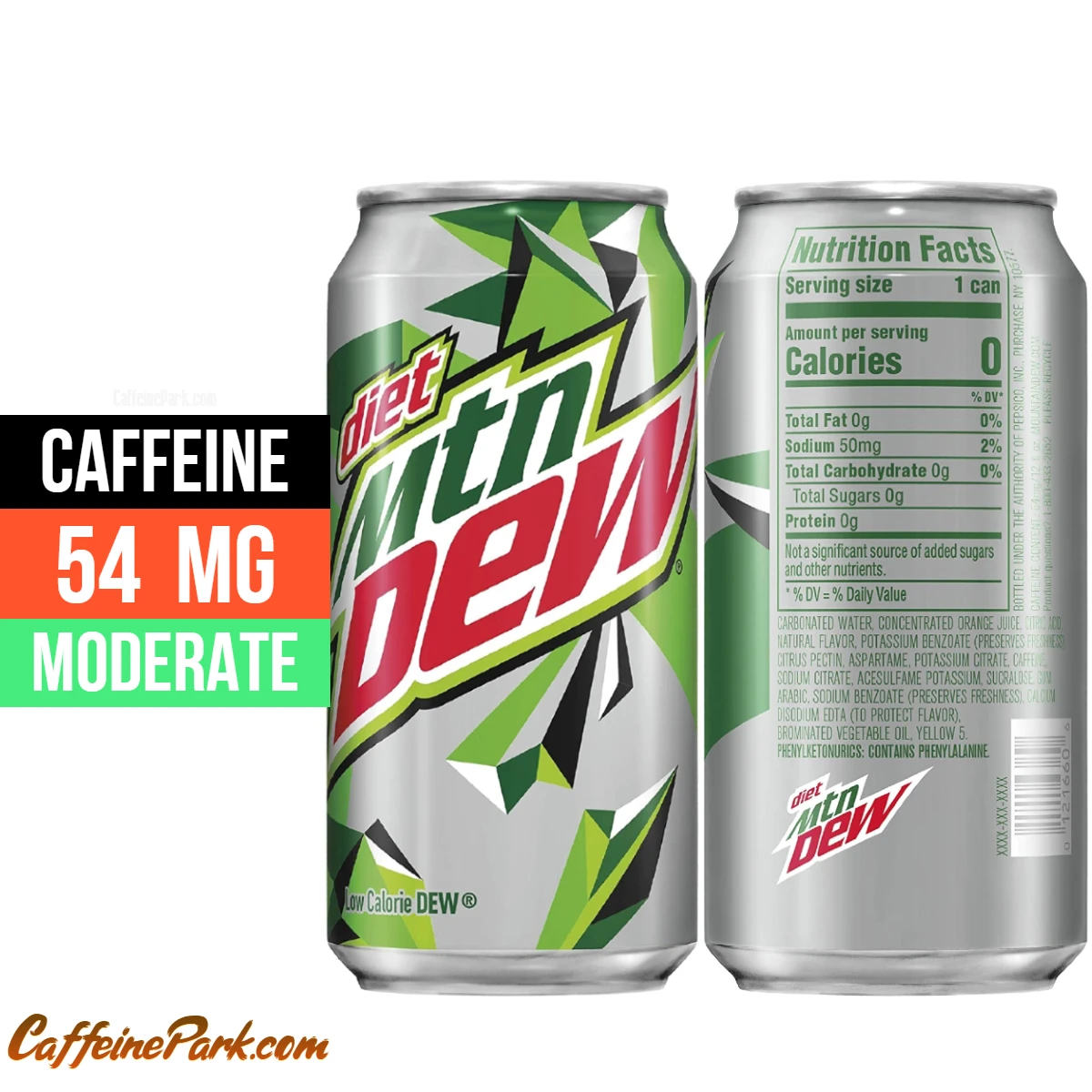
Diet Mountain Dew is a sugar-free and calorie-free variant of the popular Mountain Dew soda. It contains no sugar and no calories per serving, making it a popular choice for those looking to reduce their sugar and calorie intake.
The flavor of Diet Mountain Dew is similar to the original Mountain Dew, with a citrusy and slightly sweet taste. It is made with a combination of artificial sweeteners, citric acid, natural flavors, and other ingredients. One of the main artificial sweeteners used in Diet Mountain Dew is aspartame, which is about 200 times sweeter than sugar. Aspartame is considered safe for consumption by the Food and Drug Administration (FDA) and other regulatory bodies, but some people may be sensitive to it and may experience side effects such as headaches, dizziness, and gastrointestinal symptoms.
Diet Mountain Dew contains caffeine, which is a stimulant found naturally in some plants and is added to many foods and beverages to enhance flavor and provide a boost of energy. The caffeine content of Diet Mountain Dew varies depending on the size of the serving, but a 12 fluid ounce (355 milliliters) can of Diet Mountain Dew typically contains around 54 milligrams of caffeine.
Does Diet Mountain Dew have caffeine?
Yes, Diet Mountain Dew contains 54mg of caffeine per 12 fl oz can and 4.5mg of caffeine per fl oz (15.22mg per 100ml).
| Serving size | Caffeine Amount | Caffeine strength |
|---|---|---|
| 100ml | 15.2 mg | LOW |
| 8 fl oz can | 36 mg | LOW |
| 12 fl oz can | 54 mg | MODERATE |
- Caffeine Amount: 54 mg
- Caffeine strength: MODERATE
- Calories: 0
- Serving size: 12 fl oz can
- Sugar: 0g
It is important to note that the caffeine content of Diet Mountain Dew can vary depending on the specific formula and manufacturing process used by the brand. Some variations of Diet Mountain Dew may contain more or less caffeine than others. It is always a good idea to check the label or contact the manufacturer for specific caffeine content information.
Ingredients in Diet Mountain Dew
Diet Mountain Dew contains no sweeteners. It is made with a blend of real fruit juice and water. There are also ingredients such as carrageenan, guarana, xantham gum, and cellulose gum.
- Carbonated Water
- Concentrated Orange Juice
- Citric Acid
- Natural Flavor
- Potassium Benzoate (preserves Freshness)
- Citrus Pectin
- Aspartame
- Potassium Citrate
- Caffeine
- Sodium Citrate
- Acesulfame Potassium
- Sucralose
- Gum Arabic
- Sodium Benzoate (preserves Freshness)
- Calcium Disodium Edta (to Protect Flavor)
- Yellow 5
Compare Caffeine in Diet Mountain Dew Vs. Mountain Dew varieties
| Mountain Dew varieties | Serving Size | Caffeine |
|---|---|---|
| Diet Mountain Dew | 12 fl oz | 54mg |
| Mountain Dew Spark | 12 fl oz | 46mg |
| Mountain Dew | 12 fl oz | 54mg |
| Mountain Dew Baja Blast | 12 fl oz | 54mg |
| Mountain Dew Code Red | 12 fl oz | 54mg |
| Mountain Dew Live Wire | 12 fl oz | 54mg |
| Mountain Dew Major Melon | 12 fl oz | 55mg |
| Mountain Dew Voltage | 12 fl oz | 55mg |
| Mountain Dew Zero Sugar | 12 fl oz | 68mg |
| Mountain Dew Game Fuel | 16 fl oz | 90mg |
| Mountain Dew Kickstart | 16 fl oz | 90mg |
Review
Diet Mountain Dew is a popular and widely available soda that offers a low-calorie and sugar-free alternative to the original Mountain Dew. While it contains artificial sweeteners and other ingredients, it is generally considered safe to consume in moderation as part of a healthy diet. However, it is important to be aware of the potential health effects of artificial sweeteners and to consume any type of soda, including Diet Mountain Dew, in moderation.
History
It was first introduced in 1986 as a diet alternative to the original, which contains 46 grams of sugar and 170 calories per 12 fluid ounces (355 milliliters). Diet Mountain Dew contains no sugar and 0 calories per serving, making it a popular choice for those looking to reduce their sugar and calorie intake.
The brand behind Mountain Dew, PepsiCo, first introduced the original Mountain Dew soda in 1948. It was initially marketed as a mixer for whiskey and other spirits and was popular in the southeastern United States. In the 1960s and 1970s, Mountain Dew was rebranded and marketed as a stand-alone beverage, with a new formula and a revamped marketing campaign targeting young adults and teenagers.
Since its introduction in 1986, Diet Mountain Dew has become a staple in the soft drink industry and is widely available in the United States and other countries around the world. The brand has also released several limited editions and flavored variations of the drink, including Diet Mountain Dew Code Red, Diet Mountain Dew LiveWire, Diet Mountain Dew Game Fuel, and Diet Mountain Dew Baja Blast.
Taste
The taste of Diet Mountain Dew is similar to the original Mountain Dew, with a citrusy and slightly sweet flavor. However, some people may find the taste of Diet Mountain Dew to be slightly less sweet or less full-bodied than the original, due to the absence of sugar.
The flavor of Diet Mountain Dew is achieved through a combination of artificial sweeteners, citric acid, natural flavors, and other ingredients. Some people may find the taste of the artificial sweeteners in Diet Mountain Dew to be off-putting, while others may enjoy the taste. Overall, the taste of Diet Mountain Dew is a matter of personal preference and may vary from person to person.
Flavor
The flavor of Diet Mountain Dew is similar to the original, with a citrusy and slightly sweet taste. It is made with a combination of artificial sweeteners, citric acid, natural flavors, and other ingredients. Some people may find the taste of Diet Mountain Dew to be slightly less sweet or less full-bodied than the original, due to the absence of sugar. However, many people find that the flavor of Diet Mountain Dew is still enjoyable and refreshing.
Artificial Sweeteners
One of the main ingredients in Diet Mountain Dew is aspartame, an artificial sweetener that is about 200 times sweeter than sugar. Aspartame is considered safe for consumption by the Food and Drug Administration (FDA) and other regulatory bodies, but some people may be sensitive to it and may experience side effects such as headaches, dizziness, and gastrointestinal symptoms.
Despite being deemed safe by regulatory bodies, some studies have suggested that the consumption of artificial sweeteners may be associated with negative health effects, such as weight gain and an increased risk of certain diseases. However, the evidence for these claims is mixed and more research is needed to fully understand the potential health impacts of artificial sweeteners.
Other Ingredients
In addition to aspartame, Diet Mountain Dew contains other ingredients such as citric acid, natural flavors, and various preservatives and coloring agents. Citric acid is a common food additive that is used to give the soda its tart and tangy flavor. Natural flavors are plant- or animal-based substances that are used to enhance the taste and smell of the drink. Preservatives are added to help extend the shelf life of the soda while coloring agents are used to give it its distinct yellow-green color.
Variations
In addition to the original Diet Mountain Dew flavor, the brand has also released several limited editions and flavored variations of the drink. Some of these include Diet Mountain Dew Code Red, Diet Mountain Dew LiveWire, Diet Mountain Dew Game Fuel, and Diet Mountain Dew Baja Blast. Each of these flavors has a unique taste and is targeted at specific demographics or occasions.
Availability
Diet Mountain Dew is available in a variety of sizes and packaging options, including 12-ounce cans, 20-ounce bottles, and 2-liter bottles. It can be purchased at most grocery stores, convenience stores, and gas stations, as well as online through various retailers.
Marketing and Branding
Diet Mountain Dew has been heavily marketed and promoted over the years, particularly to young adults and teenagers. The brand has sponsored various events and sports teams and has released numerous advertisements featuring extreme sports and action-packed activities.
The packaging and branding of Diet Mountain Dew have also evolved over time, with the use of bright colors and bold fonts to make it stand out on store shelves. The brand has also released special edition packaging for holidays and events, such as Halloween and the Super Bowl.
Customer Reviews
Overall, Diet Mountain Dew has received mixed reviews from customers. Some people love the taste and enjoy the low-calorie and sugar-free alternative to the original Mountain Dew, while others find the taste to be too artificial or lacking in comparison.
Some customers have also expressed concern about the use of artificial sweeteners in Diet Mountain Dew, and the potential health effects that may be associated with their consumption. Others have criticized the brand for its high caffeine content, which can cause side effects such as jitters, anxiety, and difficulty sleeping in some people.
Despite these concerns, Diet Mountain Dew remains a popular and widely consumed soda, and many people continue to enjoy it as a refreshing and satisfying beverage.
Environmental Impact
Like most sodas, Diet Mountain Dew has an environmental impact due to its production, transportation, and disposal. The production of soda requires significant amounts of energy and water, and the packaging materials used (such as aluminum cans and plastic bottles) can end up in landfills or as litter.
In recent years, the brand has made efforts to reduce its environmental impact through initiatives such as using recycled materials in its packaging and supporting water conservation efforts. However, the overall environmental impact of Diet Mountain Dew and other sodas is a complex and controversial issue that requires further examination.
Alternatives
For those looking for a lower-sugar or lower-calorie beverage option, there are several alternatives to Diet Mountain Dew that may be worth considering. Some options include:
- Water: Water is a zero-calorie, sugar-free, and naturally hydrating choice that can help you stay hydrated and maintain a healthy weight.
- Tea: Tea is a natural beverage that can be enjoyed hot or cold and is often lower in calories and sugar than soda. It also contains antioxidants and other health benefits.
- Sparkling water: Sparkling water is a refreshing and carbonated alternative to soda that is typically calorie-free and sugar-free. Just be sure to choose a brand that does not contain added sweeteners or flavors.
- Fruit-infused water: Infusing water with fruit can add flavor and natural sweetness without the addition of sugar or calories. You can make your own by adding slices of lemon, lime, or other fruit to a pitcher of water.
FAQs
A 12 fl oz can of Diet Mountain Dew contains approximately 54mg of caffeine.
The caffeine content in a can of Diet Mountain Dew is similar to that of a standard 6 fl oz cup of coffee.
While the stated caffeine content is 54mg per can, there may be slight variations in caffeine levels between different production batches and locations.
Yes, caffeine sensitivity can vary among individuals. Some people may be more sensitive to the effects of caffeine than others.
It’s important to consume caffeine in moderation and be mindful of your overall caffeine intake. If you have concerns about caffeine consumption or its impact on your health, it’s best to consult with a healthcare professional.
It is advisable for pregnant women and individuals with specific health conditions to consult with their healthcare provider before consuming Diet Mountain Dew or any caffeinated beverages.
Is Diet Mountain Dew healthier than regular Mountain Dew?
Diet Mountain Dew is lower in calories and sugar than regular Mountain Dew, making it a slightly healthier option if you are looking to reduce your intake of these nutrients. However, it is important to note that both regular Mountain Dew and Diet Mountain Dew are still sugary and caffeinated beverages that should be consumed in moderation as part of a healthy diet.
Does Diet Mountain Dew contain sugar?
No, Diet Mountain Dew is a sugar-free beverage. It is sweetened with artificial sweeteners such as aspartame, which is about 200 times sweeter than sugar.
How many calories are in Diet Mountain Dew?
Diet Mountain Dew contains 0 calories per 12 fluid ounces (355 milliliters). This is significantly lower than the original Mountain Dew, which contains 170 calories per the same serving size.
What is the caffeine content of Diet Mountain Dew?
The caffeine content of Diet Mountain Dew varies depending on the size of the serving, but a 12 fluid ounce (355 milliliters) can of Diet Mountain Dew typically contains around 54 milligrams of caffeine. Caffeine is a stimulant that can affect the central nervous system and has a number of potential effects on the body, including increased alertness and improved cognitive function. However, it can also cause side effects in some people, such as jitters, anxiety, insomnia, and digestive issues.
Are there any artificial sweeteners in Diet Mountain Dew?
Yes, Diet Mountain Dew contains artificial sweeteners such as aspartame, which is about 200 times sweeter than sugar. Artificial sweeteners are added to food and beverages to provide sweetness without the calories and sugar of regular sweeteners. Some studies have suggested that the consumption of artificial sweeteners may be associated with negative health effects, such as weight gain and an increased risk of certain diseases. However, the evidence for these claims is mixed and more research is needed to fully understand the potential health impacts of artificial sweeteners.
Is Diet Mountain Dew vegan?
Most varieties of Diet Mountain Dew are vegan, as they do not contain any animal-derived ingredients. However, it is always a good idea to check the ingredient list to be sure, as some variations of Diet Mountain Dew or other sodas may contain animal-derived ingredients such as honey or natural flavors.
Is Diet Mountain Dew gluten-free?
Most varieties of Diet Mountain Dew are gluten-free, as they do not contain any wheat, barley, or rye ingredients. However, it is always a good idea to check the ingredient list to be sure, as some variations of Diet Mountain Dew or other sodas may contain gluten or be produced in facilities that also process wheat.
Is Diet Mountain Dew kosher?
Some varieties of Diet Mountain Dew are kosher, meaning that they meet the dietary requirements of Jewish law. However, not all Diet Mountain Dew products are kosher, so it is important to check the label or contact the manufacturer to determine the kosher status of a specific product.
Is Diet Mountain Dew safe to consume during pregnancy?
The safety of Diet Mountain Dew and other caffeinated beverages during pregnancy is a controversial topic, and the recommendations on caffeine intake during pregnancy can vary depending on the source. Some studies have suggested that high levels of caffeine intake during pregnancy may be associated with negative health effects, such as low birth weight and an increased risk of miscarriage. However, other studies have found no significant association between caffeine intake and adverse pregnancy outcomes.
The American College of Obstetricians and Gynecologists (ACOG) recommends that pregnant women limit their caffeine intake to less than 200 milligrams per day, which is about the amount of caffeine in five 12-ounce (355 milliliters) cans of Diet Mountain Dew. However, it is important to note that caffeine intake can add up quickly from multiple sources, such as coffee, tea, chocolate, and other caffeinated beverages.
If you are pregnant or trying to become pregnant, it is generally a good idea to talk to your healthcare provider about your caffeine intake and any other dietary concerns you may have. They can help you make an informed decision about what is safe and appropriate for you and your baby.
Can Diet Mountain Dew cause weight gain?
Diet Mountain Dew is a calorie-free beverage, so it is unlikely to cause weight gain on its own. However, it is important to note that consuming any type of soda, including Diet Mountain Dew, can contribute to weight gain if it is consumed in excess or as a replacement for more nutritious beverages.
It is also worth noting that some studies have suggested that the consumption of artificial sweeteners, such as those found in Diet Mountain Dew, may be associated with weight gain and other negative health effects. However, the evidence for these claims is mixed and more research is needed to fully understand the potential health impacts of artificial sweeteners.
Is Diet Mountain Dew acidic?
Yes, Diet Mountain Dew is slightly acidic, with a pH of around 3.2. This is due to the presence of citric acid, which is used to give the soda its tart and tangy flavor. The pH of Diet Mountain Dew is similar to that of other sodas, and is considered to be within the normal range for a food or beverage.
Does Diet Mountain Dew contain preservatives?
Yes, Diet Mountain Dew contains preservatives to help extend the shelf life of the product. Preservatives are chemical compounds that are added to food and beverages to prevent the growth of microorganisms such as bacteria, yeasts, and molds. Some common preservatives found in Diet Mountain Dew include sodium benzoate, potassium benzoate, and calcium disodium EDTA.
Is Diet Mountain Dew bad for your teeth?
Like most sodas, Diet Mountain Dew can potentially harm your teeth if consumed in excess or on a regular basis. The acidity and sugar content of sodas can cause tooth erosion and decay, and the coloring agents used in some sodas can stain the teeth. It is generally a good idea to limit your intake of soda, including Diet Mountain Dew, and to brush your teeth regularly to help protect your oral health.
Read More:
- Caffeine in Diet Dr Pepper
- Caffeine in Diet Coke with Splenda
- Caffeine in Shasta Diet Cola
- Caffeine in Diet Pepsi
- Diet Mountain Dew vs Mountain Dew Zero
- Dr Pepper vs Mountain Dew
Contents
- Does Diet Mountain Dew have caffeine?
- Ingredients in Diet Mountain Dew
- Compare Caffeine in Diet Mountain Dew Vs. Mountain Dew varieties
- Review
- FAQs
- Is Diet Mountain Dew healthier than regular Mountain Dew?
- Does Diet Mountain Dew contain sugar?
- How many calories are in Diet Mountain Dew?
- What is the caffeine content of Diet Mountain Dew?
- Are there any artificial sweeteners in Diet Mountain Dew?
- Is Diet Mountain Dew vegan?
- Is Diet Mountain Dew gluten-free?
- Is Diet Mountain Dew kosher?
- Is Diet Mountain Dew safe to consume during pregnancy?
- Can Diet Mountain Dew cause weight gain?
- Is Diet Mountain Dew acidic?
- Does Diet Mountain Dew contain preservatives?
- Is Diet Mountain Dew bad for your teeth?
